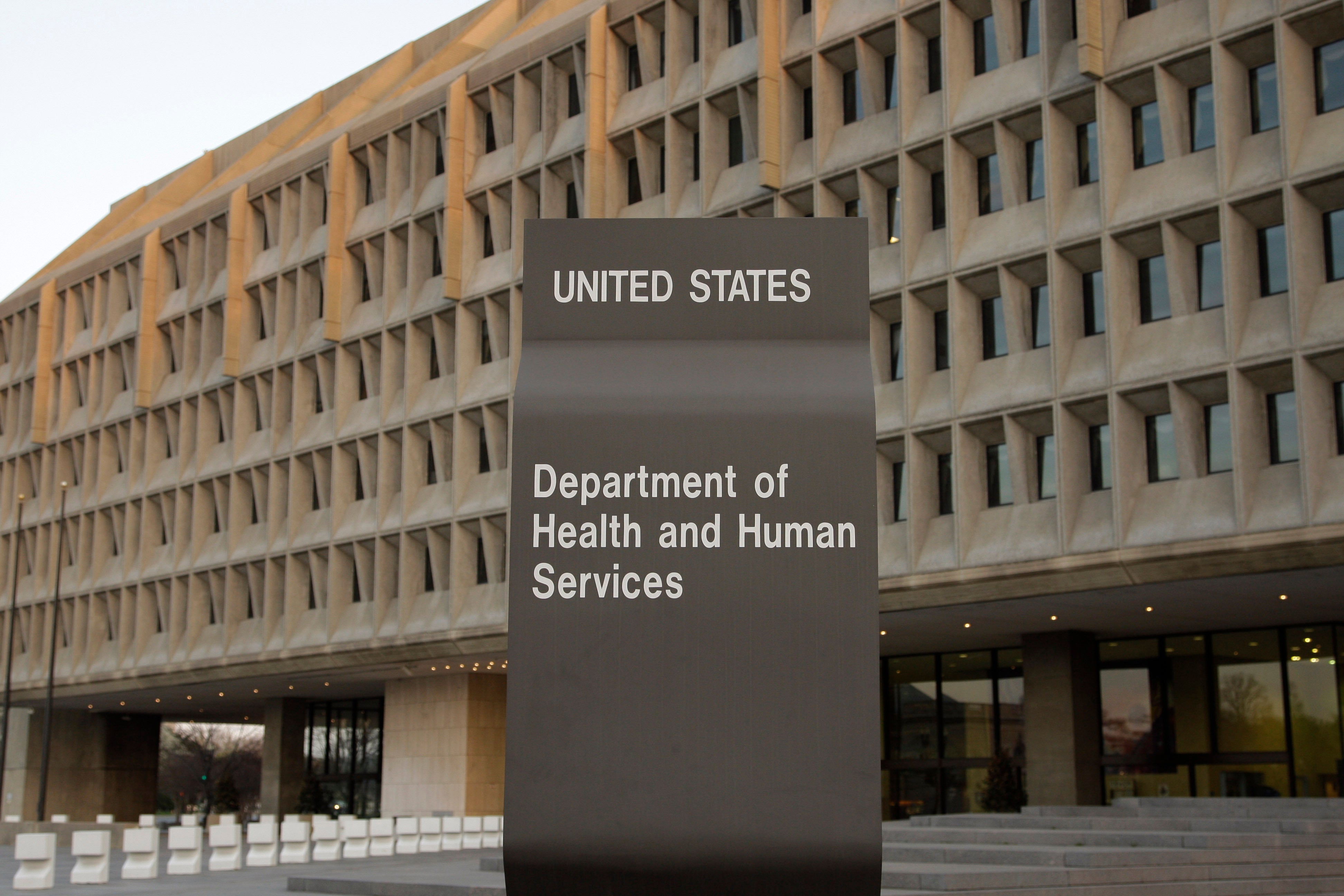US approves life-saving organ transplants between people with HIV, removing ‘unnecessary barriers’
Nearly 1.2 million people in the US are living with HIV
Your support helps us to tell the story
From reproductive rights to climate change to Big Tech, The Independent is on the ground when the story is developing. Whether it's investigating the financials of Elon Musk's pro-Trump PAC or producing our latest documentary, 'The A Word', which shines a light on the American women fighting for reproductive rights, we know how important it is to parse out the facts from the messaging.
At such a critical moment in US history, we need reporters on the ground. Your donation allows us to keep sending journalists to speak to both sides of the story.
The Independent is trusted by Americans across the entire political spectrum. And unlike many other quality news outlets, we choose not to lock Americans out of our reporting and analysis with paywalls. We believe quality journalism should be available to everyone, paid for by those who can afford it.
Your support makes all the difference.People with HIV who need liver and kidney transplants can now receive organs from donors with HIV.
The new rule, which took effect this week, is expected to shorten the wait for organs for all, regardless of HIV status, by increasing the pool of available organs.
“This rule removes unnecessary barriers to kidney and liver transplants, expanding the organ donor pool and improving outcomes for transplant recipients with HIV,” Department of Health and Human Services Secretary Xavier Becerra said in a statement. “This evidence-based policy update demonstrates our commitment to ensuring all Americans have access to the care they need.”

Health officials said this update was based on research demonstrating the safety and effectiveness of kidney and liver transplants between donors and recipients with HIV. Research protocols remain in place for other organ transplants between donors and recipients that have HIV.
A study published last month in the New England Journal of Medicine followed nearly 200 organ recipients for up to four years, comparing those whose kidneys came from donors without HIV. Both groups had similarly high rates of overall survival and low rates of organ rejection.
“Expansion of HIV-to-HIV kidney transplantation outside of research would be a win-win situation, because it will first benefit people with HIV [PWH] who need kidneys by increasing the numbers of organs available from donors with HIV, and then, in turn, there will be more kidneys from donors without HIV for recipients without HIV,” Dr. Christine Durand, the study’s lead co-author and the medical director of the Johns Hopkins Transplant Research Center, said then.
The Biden administration said that the move will streamline the transportation process and increase the pool of available organs, saving lives, reducing wait times, lowering costs, and reducing stigma and discrimination associated with HIV.
“The impact is substantial: Recipients with HIV who elect to receive a kidney from a donor with HIV are 3.3 times more likely to receive a transplant. Even more striking, their median wait time drops from 60.8 months to just 10.3 months—a decrease in wait time that can mean the difference between life and death,” the National Institutes of Health said.

Nearly 1.2 million people in the US are living with HIV, and around 13 percent of them are not aware they have it, according to the Foundation for AIDS Research. HIV infection disproportionately impacts men who have sex with other men and racial and ethnic minorities.
HIV, also known as Human Immunodeficiency Virus, is a virus that attacks the cells that help the body fight infection. It is spread by contact with the bodily fluids of a person with HIV or through sharing injection drug equipment. If it is untreated, it can result in AIDS. While those with HIV will have it for life, as no cure exists, people who take medicine and keep an undetectable viral load can live long and healthy lives and will not transmit HIV to their HIV-negative partners through sex.
With reporting from The Associated Press.
Join our commenting forum
Join thought-provoking conversations, follow other Independent readers and see their replies
0Comments